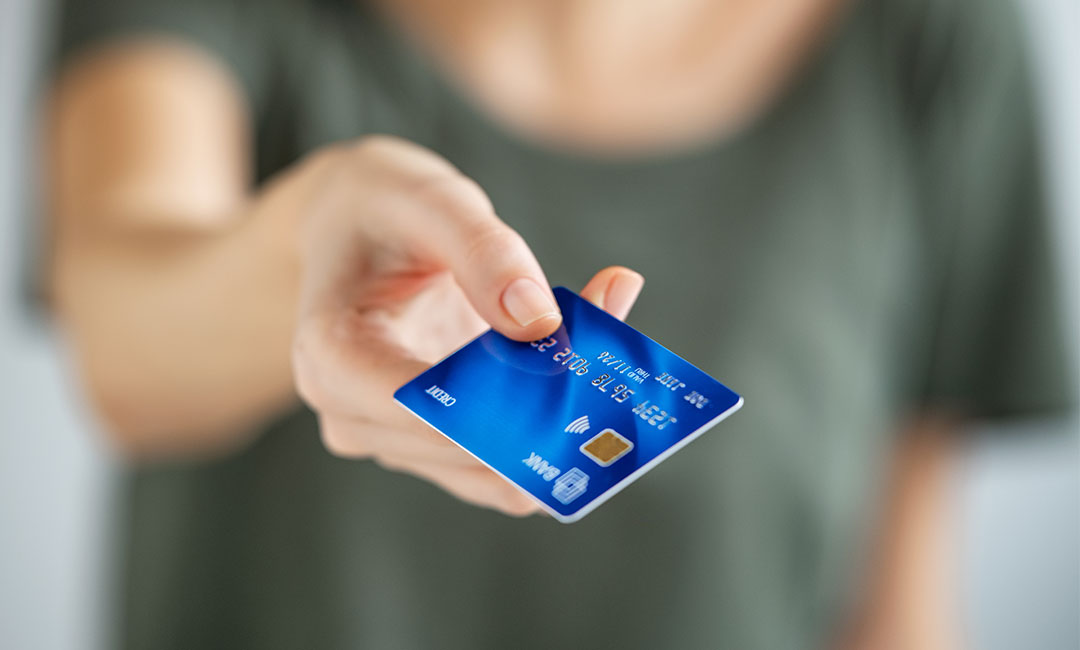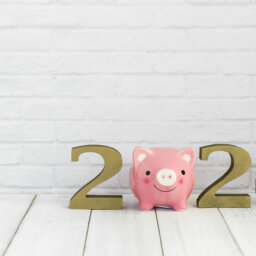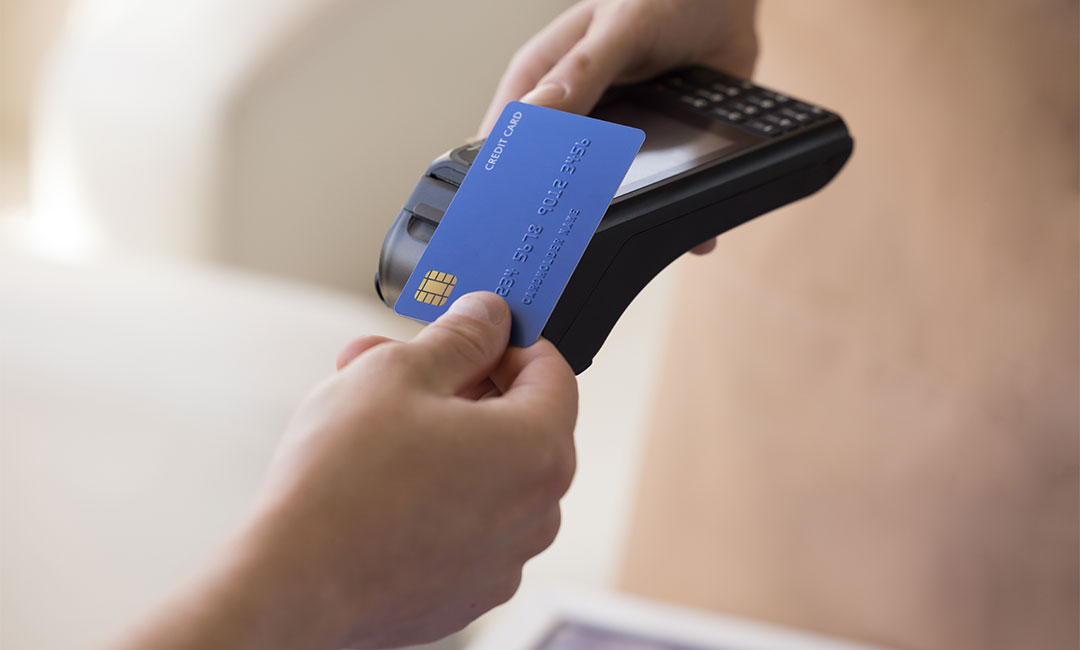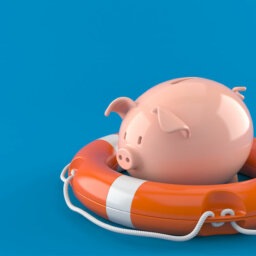
Between rewards, online security and payment convenience, credit cards can offer some great perks. However, missing a payment or accumulating interest can be enough to make you want to take some scissors to your plastic – stat. To ensure you stay in good light with your accounts, follow these five good credit card habits!
1. Stay well below your limits
Running your card up to the max isn’t great for your credit utilization ratio. Credit reporting agencies look at this credit utilization ratio because it can indicate if you’re keeping your finances in order. To keep your credit score healthy, use less than 30% of your card’s limit. The lower your balances, the more your credit score can climb. If you notice a climbing card balance, consider making an extra payment to keep it low.
2. Pay your balance in full (if you can)
When it comes to good credit card habits, this one is probably the most obvious. If you can’t pay the full balance, at least pay your minimum payments on time each month. When you miss a payment, you risk late fees, interest charges, and a damaged credit score. Remember the higher your credit score, the better interest rates you’ll qualify for in the future when you need to borrow money for a home or auto loan. You may want to consider signing up for automatic payments to ensure you’re always on time.
3. Find the right rewards card
Reward cards are a fantastic way to earn airline miles or cashback on your everyday purchases, but never overspend to earn those rewards. Stay within your budget! Tie these cards to your monthly bills and pay the balances in full each month, as you would when you pay those same bills with a debit card that automatically pulls from your checking account. Remember: the rewards aren’t worth it if you’re carrying a high balance that’s accruing interest *and* damaging your credit score.
4. Make multiple payments each month
For some of us, making multiple payments each month can really bring down those high balances we’re trying to pay off. This method won’t affect your credit score, but it will help manage your credit utilization ratio. For example, companies wait until the end of the month to report spending activity. If you’re only making one payment and continue to rack up additional charges, your utilization ratio climbs. Consider making at least two minimum payments each month that align with your pay schedule — you’d be surprised how quickly you can make a dent in that balance!
5. Use fewer credit cards.
The amount of open credit card accounts can affect your financial health in various ways. First, it may be easier for you to lose track of your spending and miss payments. On the flip side, having a number of credit cards with no or low balances can favorably affect your score. A good rule of thumb: keep your oldest card open and use cards that align with your spending habits. If you’d rather just close those old cards, keep in mind that you’ll take a short hit to your score. You may want to cancel one at a time. If you have an old credit card account with no balance and no annual fee, it may be worth it to just keep it in a drawer and never use it.
Another great way to curb extra spending? Cooking at home whenever possible! Check out these easy low calorie dinners we’re loving at the moment!

Allison Wheeler is a writer, Bruce Springsteen enthusiast, and sixth-generation Texan living in Denton, Texas.
















